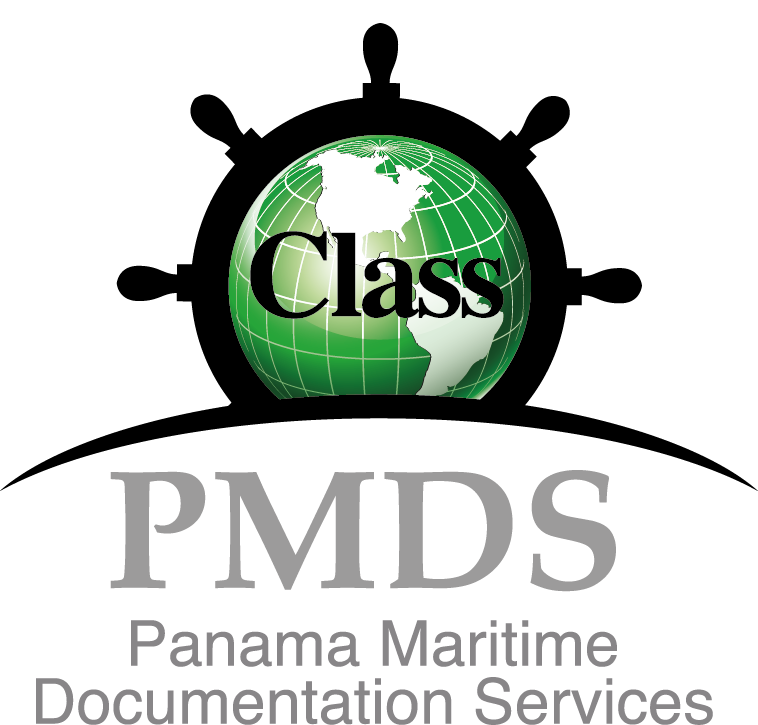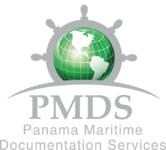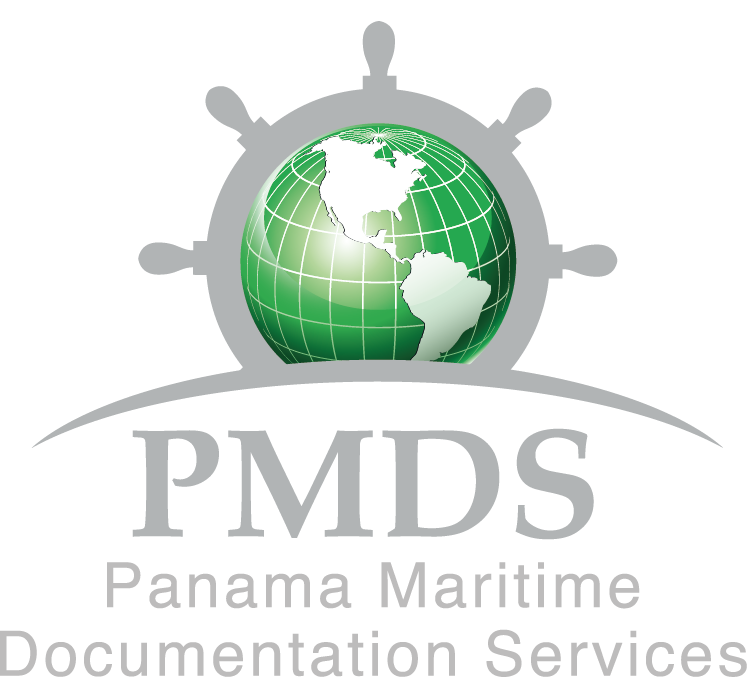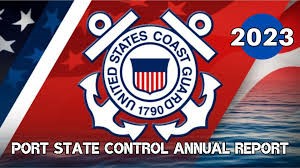
USCG 2023 Annual Report
The US Coast Guard’s Office of Commercial Vessel Compliance announced the release of the U.S. Port State Control Annual Report for 2023.
USCG reported that the annual detention rate increased from 0.89 percent to 1.22 percent.
At a glance:
- In 2023, the USCG conducted 8,278 SOLAS safety exams with a total of 101 detentions.
- The annual detention rate increased from 0.89 percent to 1.22 percent.
- The three-year rolling average detention ratio increased from 0.80 percent to 0.94 percent.
- Data this year shows the number of detentions related to fire safety and lifesaving systems decreased over last year.
- The number of RO´s that were associated with detentions increased from 9 in 2022 to 15 in 2023.
In 2023 a total of 10,959 individual vessels, from 80 different flag administrations, made 81,854 port calls to the U.S. 8,278 Port State Control (PSC) exams were conducted.
These exam numbers decreased over the 2022 total of 8,706.
The total number of ships detained in 2023 for environmental protection, safety, and security related deficiencies increased from 78 to 101.
Flag Administration Performance
Flag Administration performance for 2023 dropped with the overall annual detention rate increasing from 0.89% to 1.22%.
The three-year rolling detention ratio also increased from 0.80% to 0.94%. Canada, Isle of Man, and Turkey were removed from the Targeted Flag List this year.
QUALSHIP 21 and E-Zero Programs
The QS21 program ended calendar year 2023 with an impressive 5,066 vessels enrolled.
For 2023, six flag administrations lost their eligibility while four new flags became eligible.
We would like to welcome the flag administrations of Canada, France, Isle of Man, and Spain and congratulate them for becoming QS21 eligible this year.
The full list of QS21 flag administrations is located in Chapter 2 of the report.
The E-Zero program focuses on environmental stewardship and worldwide compliance with international environmental conventions. At the close of 2023, 365 ships were awarded the E-Zero designation.
Enhanced Exam Program
Beginning in 2021, the Coast Guard initiated the Enhanced Exam Program (EEP).
This program, similar to the Concentrated Inspection Campaigns (CICs) carried out by port state control MoUs, is intended to increase focus on specific aspects of ship safety on a quarterly basis.
This increased focus may vary due to the implementation of new regulations, deficiency trends, or other PSC program interests.
In 2023, EEP campaign topics included cybersecurity, voyage data recorders (VDRs), fire dampers, and additional liferaft arrangements. “Additional liferaft arrangements” are meant to represent those liferaft arrangements required on cargo ships which are located greater than 100 meters from the vessel’s closest survival craft. For the second straight year, three (3) separate campaigns resulted in a twofold increase in the number of deficiencies issued. This trend was seen during the cybersecurity, fire damper, and additional liferaft arrangement campaigns, respectively.
Detainable deficiencies found during PSC examinations in 2023.
#1 Fire safety:
For the third straight year fire safety deficiencies lead all deficiency categories.
Oil accumulation in the engine room once again stood out. In addition to the usual oil-soaked lagging, fuel leaks, and excessive oil in the bilge, PSCOs discovered a flexible hose fabricated to collect leaking fuel from the main engine which as then routed back to the fuel tank.
On one ship the PSCO discovered several plastic buckets modified to fit under machinery to collect dripping oil while having metal deflection plates installed to deflect spraying oil into the same buckets.
Several deficiencies were identified related to the fire detection and alarm systems. Most of these were related to inoperable heat and smoke detectors or where the crew was unable to provide appropriate testing equipment approved by the manufacturer for the heat and/or flame detectors.
#2 Safety Management Systems (SMS):
There was a significant jump in the number of SMS deficiencies for 2023.
Deficiencies related to maintenance of the ship and equipment led all SMS deficiency categories.
In most cases under this category, the issuance of multiple operational and/ or technical deficiencies during an exam provided evidence that the ship was not in compliance with its SMS.
Instances where the crew failed to implement the SMS as it relates to the maintenance of the ship and equipment lead all stand-alone SMS related deficiencies.
Areas related to shipboard operations were identified where the PSCO collected objective evidence showing the crew failed to inspect, maintain, and report nonconformities relating to excessive oil leaks and accumulation of oil throughout the ship’s engine room.
#3 Lifesaving Appliances:
Detainable deficiencies related to lifesaving systems remained consistent to our 2022 totals.
Deficiencies related to rescue boats and lifeboats made up nearly half of all the deficiencies. Most deficiencies related to rescue boats were issued because they could not be started and, in some cases, there were problems related to the davits and falls. In two cases the ship did not have a rescue boat at all.
Several detentions were issued for improper installation of lifesaving appliances. In those cases, either the hydrostatic releases or the painter lines were installed in such a way as to prevent the appliance from floating free.
#4 International Ship & Port Facility Security (ISPS):
With less than 15 total deficiencies related to ISPS, nearly all were related to access control to the ship.
Several deficiencies were noted when the PSCO found restricted areas unlocked and/ or unmonitored. Additionally, there were cases where the PSC exam team was able to board the ship unannounced. Prior to the start of one exam, the exam team gained unrestricted access to the ship, including access to the bridge and engine room, for over 20 minutes before they were detected by the crew.
#5 MARPOL Annex I:
Deficiencies issued under this category decreased by nearly 50% over the last year.
Oil filtering equipment and pumping and piping arrangements accounted for almost half the deficiencies. PSCOs witnessed an oily water separator (OWS) that couldn’t run for over two minutes without losing suction from the bilge tank. Another ship had no OWS at all. On one ship, the PSCO identified modifications to the OWS piping system not reflected in the approved piping diagram for the system. On another ship, unapproved modifications to the piping were made by installing ball valves to trap clean water within the oil content meter.
BWM Compliance Statistics:
Compliance with ballast water management regulations continues to be one of the most challenging issues faced by the maritime industry.
In 2023, the Coast Guard issued 29% fewer deficiencies for non-compliance with the regulations over the previous year’s numbers. The majority of the deficiencies were issued to vessels with inoperable systems, and to vessels failing to report an inoperable BWMS to the COTP. There was a significant increase in structural deficiencies, which indicates that vessel operators will need to evaluate the ships maintenance and surveys to identify the structural concerns.
Enhanced Examination Program (EEP) exams were not conducted this year for ballast water, but given current trends, the Coast Guard will continue to schedule these enhanced exams to mitigate instances of non-compliance in the coming year. The decline in BWMS deficiencies show the value of the EEP that was conducted in 2022. Additionally, the EEP contributed to identification of more discharges of non-compliant ballast water into the waters of the United States as well as showing an increase of non-reported inoperable ballast water systems.
The Coast Guard stresses that if any ship’s system required by international conventions is not in working condition, the master and crew should take necessary actions to remedy the situation in accordance with their SMS before the ship enters port and report any unresolved issues on their advance notice of arrival.
Source USCG
For additional information contact us : corporate@panamamaritime.com

 (507) 6780-7942
(507) 6780-7942
